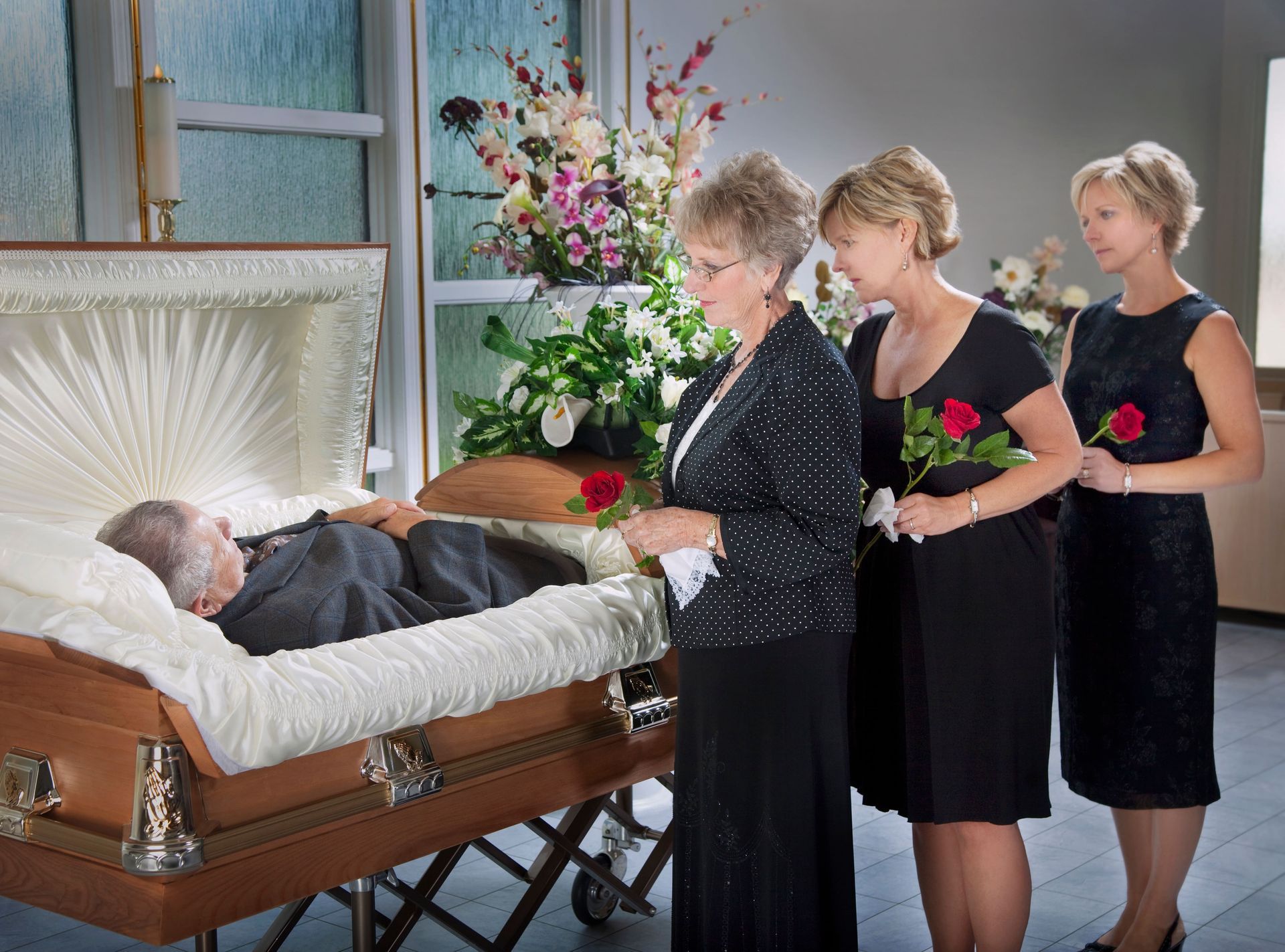Coping with Grief: Practical Tips for the First Few Weeks
When someone you love passes away, the first few weeks can feel overwhelming. Grief affects everyone differently — there is no “right” way to cope, and it’s normal to experience a wide range of emotions. At Stephen M. Godber Funeral Directors, we often hear families say they feel lost or unsure of how to take care of themselves after a bereavement.
This guide shares some gentle, practical tips to help you through the difficult early days of grief.
1. Allow Yourself to Grieve
Grief is a natural response to loss, and it’s important to give yourself permission to feel what you’re feeling — whether that’s sadness, anger, numbness, or even moments of relief.
Tip: Don’t pressure yourself to “be strong” for others all the time. Allow space for your own emotions.
2. Accept Help and Support
In the first few weeks, friends and family will often want to help — whether that’s preparing meals, offering lifts, or just being there to listen.
Tip: Try to accept offers of support, even for small tasks. It can ease some of the daily pressure and remind you that you’re not alone.
3. Take Care of Practical Matters Gradually
The early days after a loss can be filled with practical arrangements, from registering the death to planning the funeral. It’s normal to feel overwhelmed.
Tip: Make a simple to-do list and tackle one thing at a time. Ask your funeral director for guidance — we are here to help with the paperwork and arrangements.
4. Look After Your Health
Grief can be exhausting, affecting sleep, appetite, and concentration. Taking care of your body can make it a little easier to cope emotionally.
Tip: Try to eat small, nourishing meals, rest when you can, and go for gentle walks in fresh air.

5. Talk About Your Feelings
Sharing your emotions can help you process them. Talking to a trusted friend, family member, or even a support group can provide comfort.
Tip: If speaking feels too difficult, consider writing in a journal to release your thoughts and feelings.
6. Find Comfort in Routine
Loss often disrupts daily life, leaving you feeling adrift. A simple routine can bring a sense of stability during uncertain times.
Tip: Start with small things — like a morning walk, regular mealtimes, or a bedtime ritual — to create structure in your day.
7. Reach Out for Professional Support if Needed
Grief can feel isolating, but there is support available. Counsellors, therapists, and bereavement charities can provide professional help if you’re struggling.
Tip: In the UK, organisations such as Cruse Bereavement Support and local grief counselling services are available for free or at low cost.
Remember: There Is No Timeline for Grief
Grief doesn’t follow a set path, and healing takes time. Be gentle with yourself and remember that it’s okay to seek help when you need it.
At Stephen M. Godber Funeral Directors, we are here to support families not only with funeral arrangements, but also with care and guidance in the weeks that follow.
If you need advice, support, or someone to talk to after a bereavement, please don’t hesitate to contact Stephen M. Godber Funeral Directors. We’re here to help you through.
















